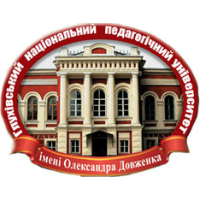Languages
PRYSIAZHNIUK O. National self-identification and protection of the cultural heritage of Greece
For many centuries, Greeks had to live in different states and empires. Not having a state of their own, they were forced to adapt, to varying degrees, to their surrounding conditions, to feel the influence of other peoples and ethnic groups. Only after the Greeks gained independent statehood in parallel with the formation of self-consciousness of the Greeks, in modern times, did they manage to create a proper normative and organizational mechanism for preserving the cultural heritage. The analysis makes it possible to identify the three main chronological periods of formation of the system of protection of the cultural heritage in Greece. The first period – 1813-1827 was characterized as the initial stage of maturing the preconditions for the integration of various forms of national self-identification. It bears the mark of a difficult foreign policy situation in which the country's was passing independence.
Second period 1827-1834 begins with the adoption by the Provisional Government of Greece on the initiative of John Capodistrias the decision to ban the export of monuments of ancient art from the country and logically ends in the design of the first legal act on the protection of cultural heritage «Act on the Prohibition of the Export of Art Monuments» in 1834. This act can be considered as the beginning of the reference to the establishment of the state regulation of archaeological works in Greece.
The last, third period dates from 1834-1899. During this period was established the Athens Archaeological Society, was founded the first Greek archaeological journal «Archeological Newspaper». The result of this active scientific and research work was the adoption the «Antiquities Act» of 1899. This act entrusts the management of all matters of old-age with a special commission of ephors (inspectors), introduces mechanisms of registration and control of all antiquities.
Keywords: cultural heritage protection, legislation, national consciousness, monument, archaeological research, archeological society, museums.





